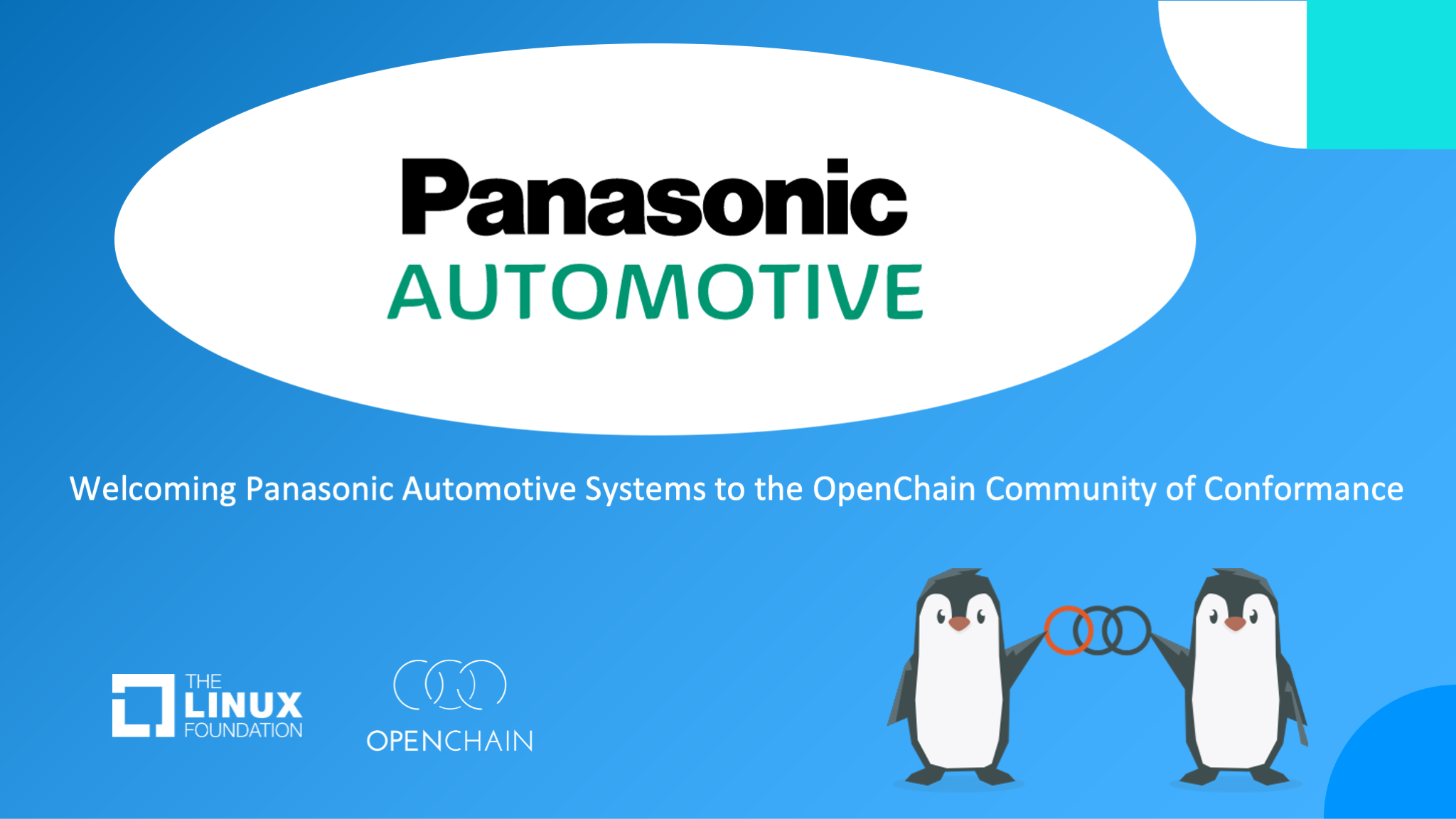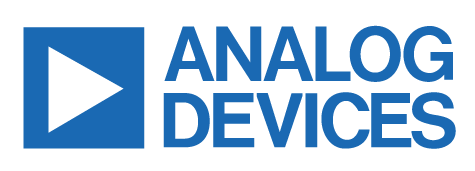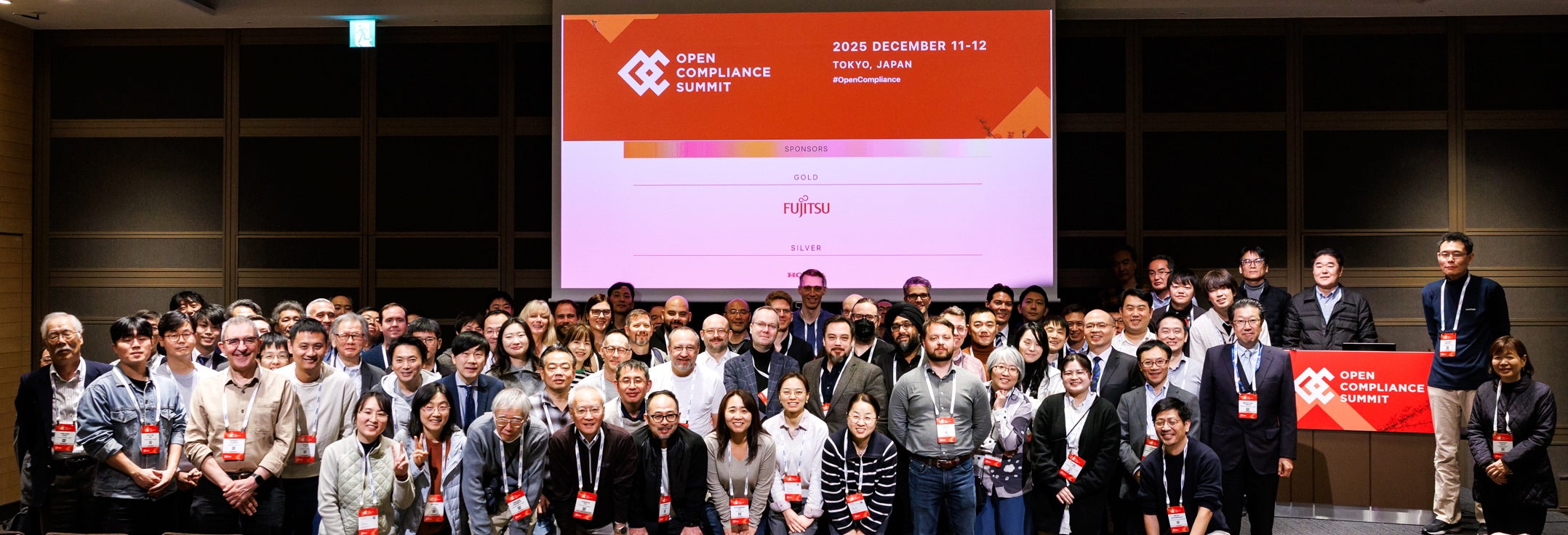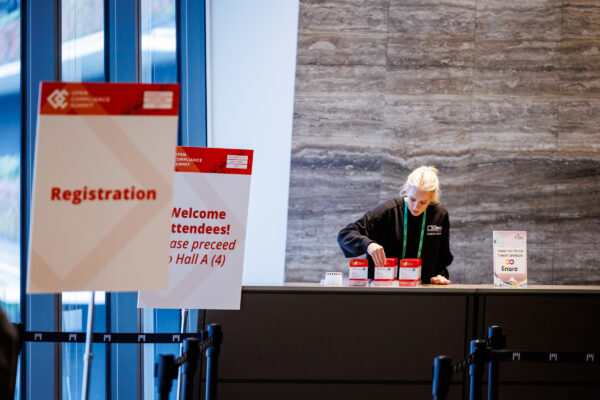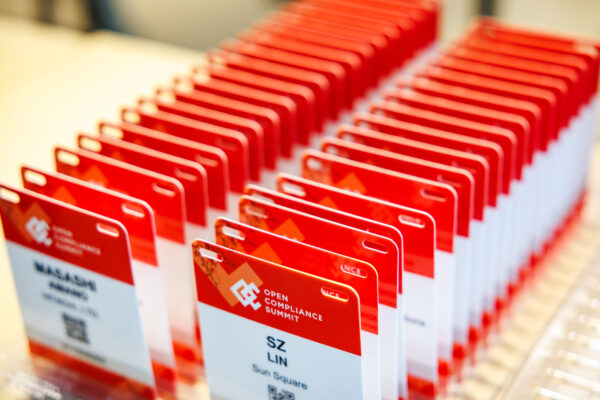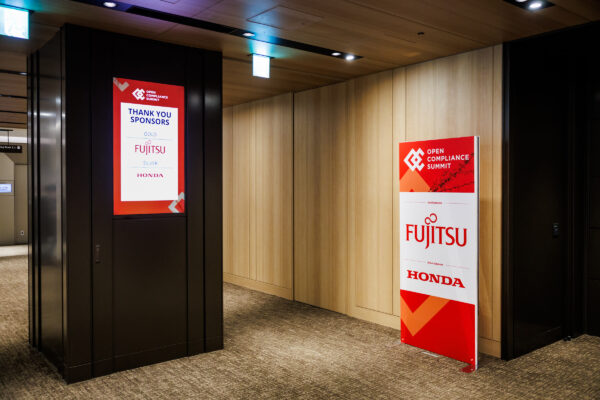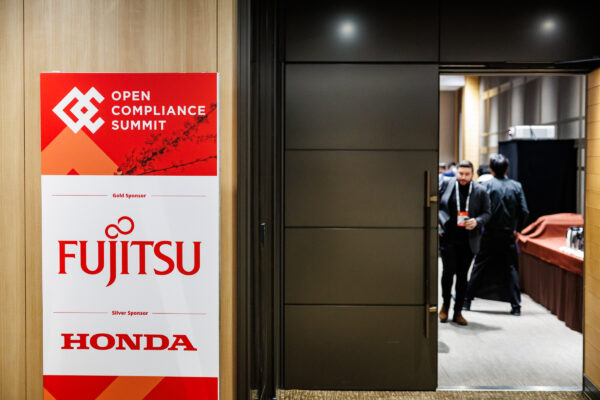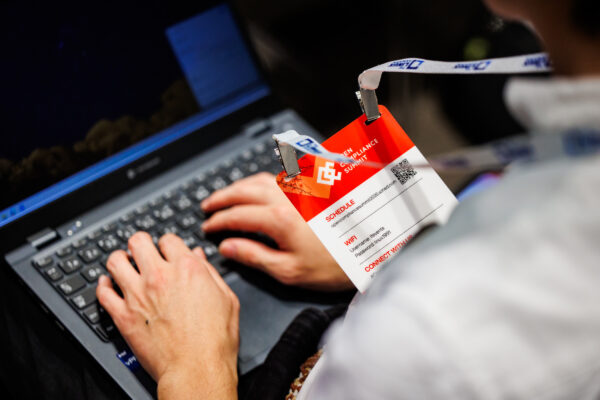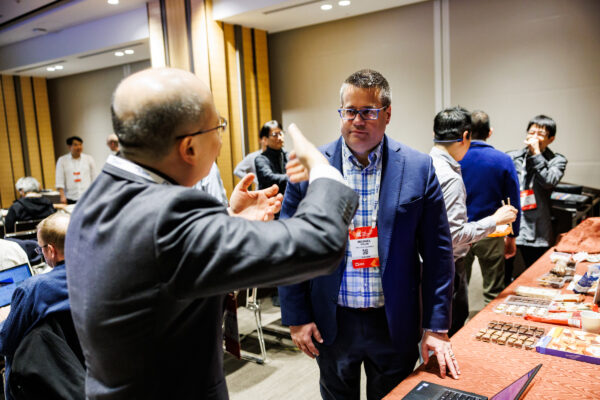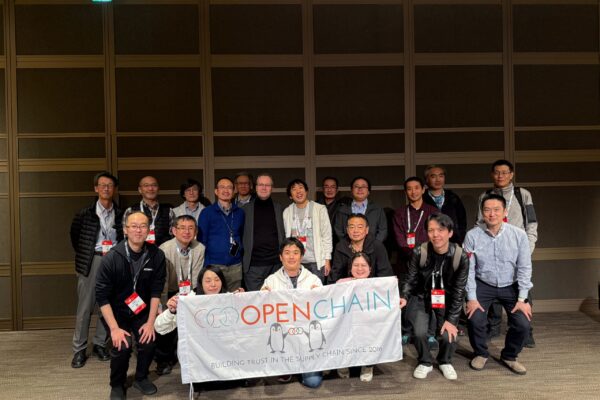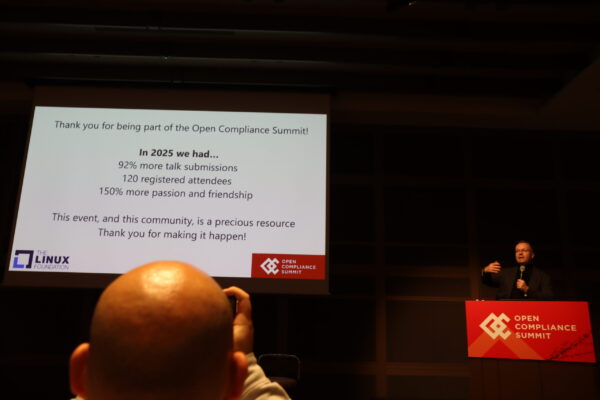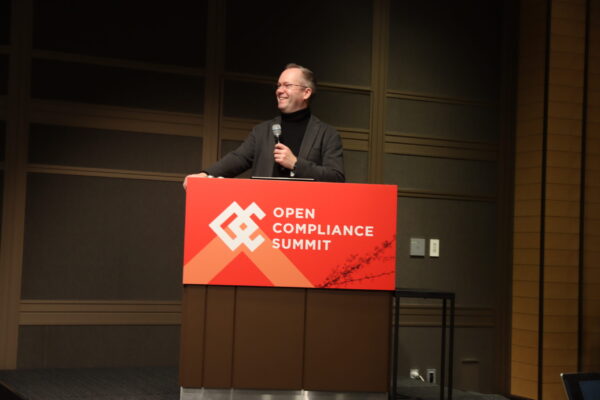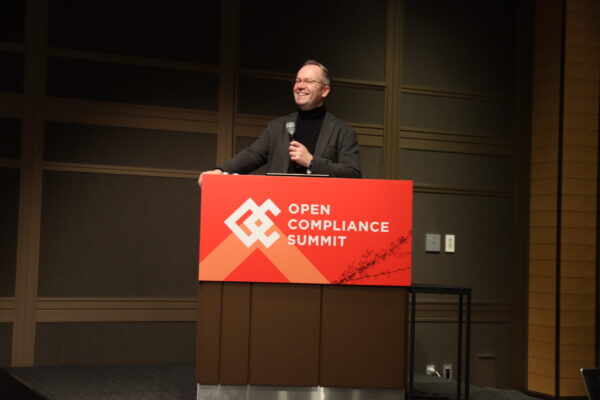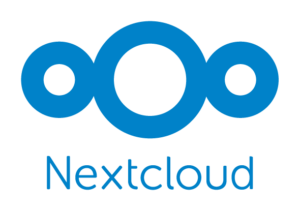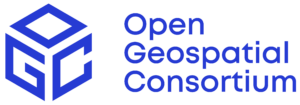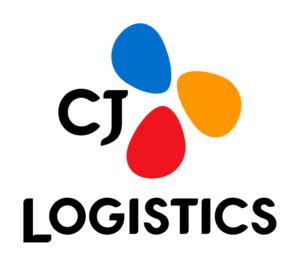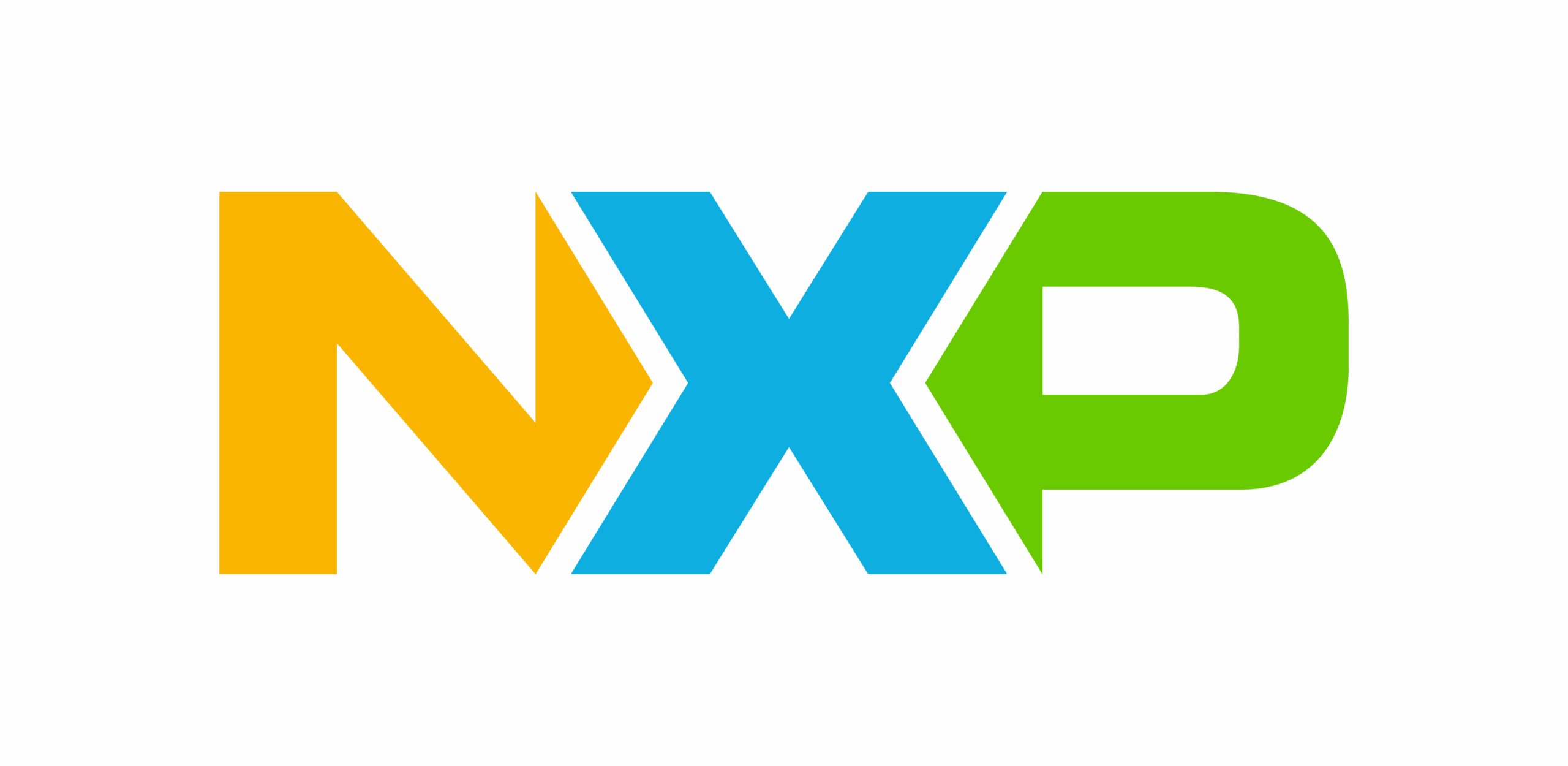Hitachi Energy is proud to announce that it has achieved OpenChain (ISO 5230) certification, the leading global standard for open source compliance. This milestone underscores our dedication to delivering products that meet the highest standards of quality, security, and transparency.
By attaining ISO 5230 certification, Hitachi Energy demonstrates a mature and reliable open source compliance program that partners and customers can trust. This achievement reduces legal and operational risks, streamlines documentation, and ensures consistent, well-governed use of open source technologies across our organization. It also strengthens our position in global supply chains, where ISO 5230 certification is increasingly recognized as a mark of professionalism and readiness for evolving regulatory requirements such as the Cyber Resilience Act. The certification brings tangible benefits to our customers and partners. It enables faster collaboration and onboarding, minimizes audit requirements, and ensures predictable, high-quality products through standardized and repeatable compliance processes. Ultimately, it reflects our commitment to building trust and fostering strong relationships throughout the technology ecosystem.
Achieving OpenChain certification is more than a milestone, it is a statement of our ongoing dedication to responsible open source use, industry best practices, and continuous improvement. Hitachi Energy remains focused on driving innovation while maintaining the highest standards of governance and security across all our products and services.
About the Bureau Veritas:
Bureau Veritas is a globally recognized leader in inspection, conformity assessment, and certification services, with a presence in countries worldwide.
Founded in 1828, it supports clients in improving performance through innovative solutions and services aimed at verifying that products, assets and processes meet mandatory and voluntary standards in quality, health and safety, environment and social responsibility (QHSE-SA).
Bureau Veritas offers a comprehensive cybersecurity services portfolio, leveraging global expertise to ensure a consistent customer experience across all areas of cybersecurity.
About the OpenChain Project:
The OpenChain Project has an extensive global community of over 1,000 companies collaborating to make the supply chain quicker, more effective and more efficient. It maintains OpenChain ISO/IEC 5230, the international standard for open source license compliance programs and OpenChain ISO/IEC 18974, the industry standard for open source security assurance programs.
About The Linux Foundation:
The Linux Foundation is the world’s leading home for collaboration on open source software, hardware, standards, and data. Linux Foundation projects are critical to the world’s infrastructure, including Linux, Kubernetes, Node.js, ONAP, PyTorch, RISC-V, SPDX, OpenChain, and more. The Linux Foundation focuses on leveraging best practices and addressing the needs of contributors, users, and solution providers to create sustainable models for open collaboration. For more information, please visit us at linuxfoundation.org.
Check Out The Publicly Announced Community of Conformance:
https://openchainproject.org/community-of-conformance
